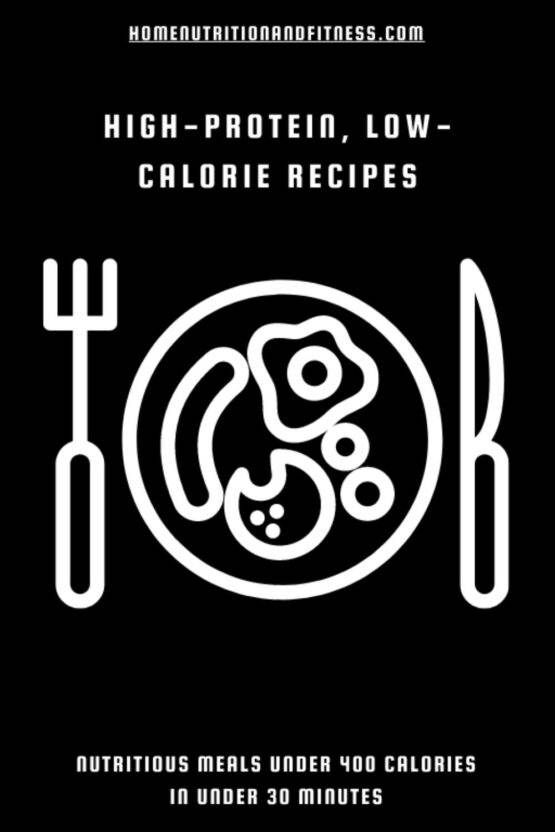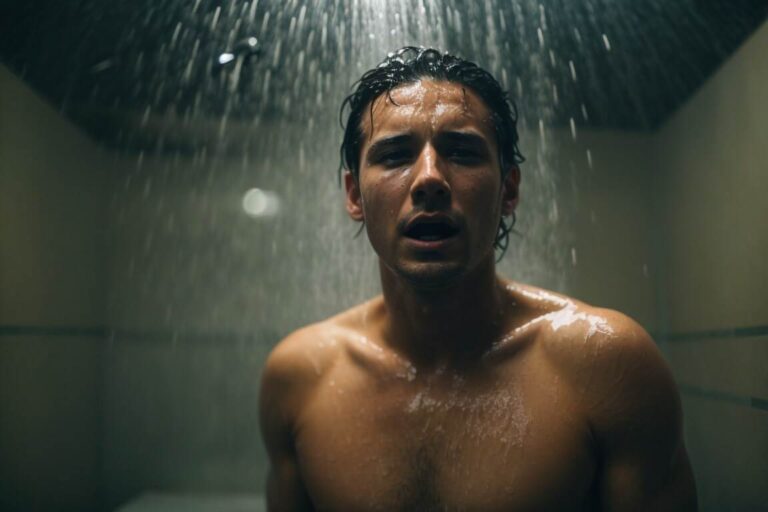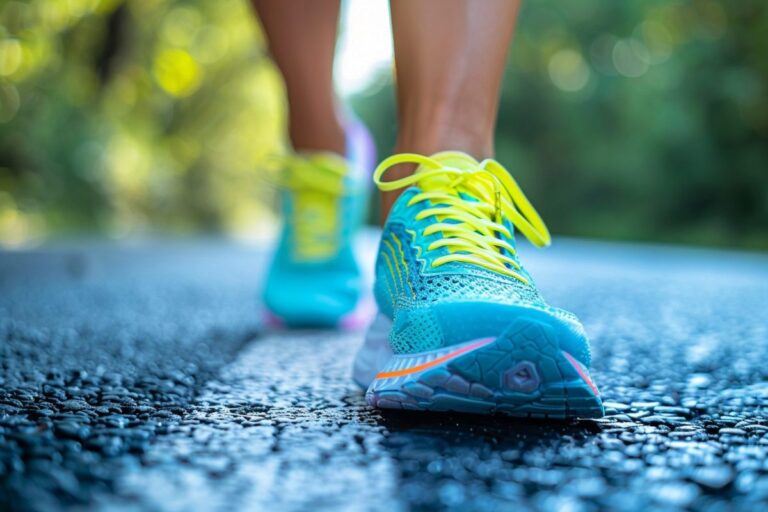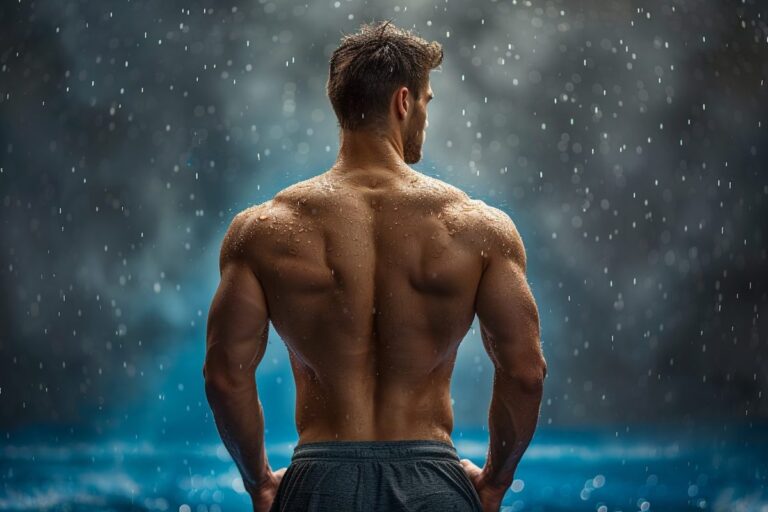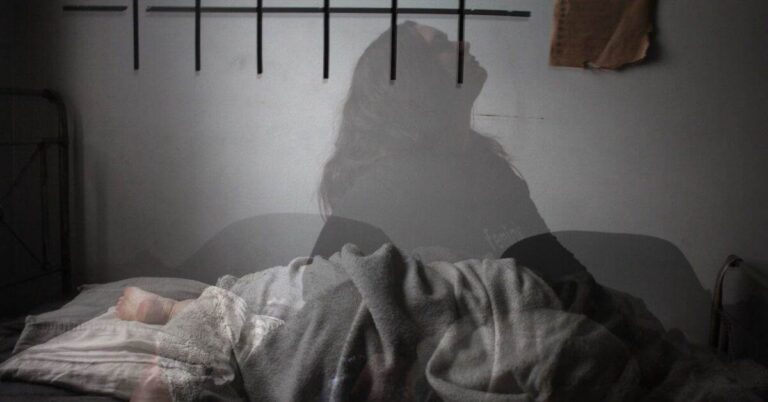How often do you step out of a nice hot shower at the end of a long day and feel clean and refreshed? Now imagine instead turning the water temperature down to near freezing and standing under that stream of icy water. It’s a shock to the system but it’s invigorating, right? For many people, cold showers give a rush of energy first thing in the morning. But others find cold showers leave them feeling drained and tired out. But why?
In this post, I’ll explore why you may feel worn out after a cold shower instead of energised. I’ll look at the pros and cons of turning down the temperature knob, as well as the benefits of hot showers. Read on to learn whether cold or hot is better for providing that post-shower boost.
Cold showers are often known to be energising, but they can actually leave some people feeling drained instead of refreshed. This may be due to an additional strain on the cardiovascular system, spikes in stress hormones like cortisol, shifts in sleep-related hormones like melatonin, and an eventual hormone crash after an initial rush. The body goes into overdrive to adapt to the cold temperature shock, which can over-stimulate the system and lead to feelings of fatigue and tiredness rather than alertness.
What Are The Pros and Cons of Hot Showers?
Let’s start by looking at the benefits and drawbacks of the traditional hot shower:
Benefits of Hot Showers
- Relaxing and therapeutic: A hot shower has a relaxing effect on the body. They help to relieve tension and relax aching muscles. After a long day, a hot shower can help to relieve some of your stresses and aid in relaxation.
- Helps to maintain clear and healthy skin: Hot water can help to open pores by softening the skin. This helps to clean out toxins and dirt build-up from the pores and reduces the chances of spots and acne.
- Improves sleep quality: A review of sleep studies in 2019 found that a 10-minute warm shower around 1-2 hours before bed was shown to improve the quality of sleep compared to those who did not take one.
- Lowers Blood Pressure: A soak in warm bath for around 15 minutes was shown to reduce blood pressure in older participants. Lower blood pressure has been shown to lower the risk of heart disease and stroke.
- Can help to clear congestion: The steam from a hot shower can help to clear congestion and mucus. A nebuliser works in a similar way by administering medication or saline solution through a fine mist or steam.
Downsides of Hot Showers
- Dries out hair and skin: Hot water can dry out skin and hair by stripping away its natural protective oils leaving it dry and itchy.
- Can deplete electrolytes: Long hot showers can cause excessive sweating that removes electrolytes your body needs.
- Promotes bacterial growth: Heat and humidity create the ideal conditions for bacteria and fungi to multiply on your skin.
- Can lead to overheating: Extremely hot water may cause your body to overheat and lower blood pressure to the point of feeling dizzy, light-headed and even causing you to faint.
A hot shower provides relaxation and important health and hygiene benefits. However exceeding 15-20 minutes or temperatures over 110°F can begin to cause detrimental effects.
The Pros and Cons of Cold Showers
So we know that a hot shower is known to be relaxing but what about reducing the heat? Let’s look at some of the benefits and downsides:
Benefits of Cold Showers
- Improves circulation: The cold water causes the body to increase blood flow to warm your core and protect your internal organs. Blood vessels close to the skin constrict to reduce heat lost through the skin.
- Refreshes and energizes: A cold shower can make you feel invigorated once you get over the initial shock. The cold water causes a spike in noradrenaline and beta-endorphins, creating a temporary feeling of euphoria.
- May boost immunity: A study found that adding a short period of cold water into a shower routine decreased sickness by 29% compared to those who showered with hot water alone.
- Eases depression: The shock of cold triggers the sympathetic nervous system and a subsequent release of noradrenaline and beta-endorphins that can momentarily improve mood.
- Improves skin and hair health: The cold water leaves skin and hair feeling smooth by retaining natural oils.
- Reduces muscle inflammation: Cold therapy is used to help numb pain and reduce inflammation. Logicically, a cold shower would have the same benefits for sore muscles or post-workout recovery.
Downsides of Cold Showers
- Unpleasant at first: Most people find near-freezing showers a big shock and uncomfortable, at least until acclimatised.
- May aggravate pain or health issues: For those with heart problems, cold showers can dangerously raise heart rate and blood pressure. The cold can also aggravate joint pain.
- Can be unhygienic: Hot water helps kill germs and open pores for thorough cleansing. Cold water doesn’t effectively remove sweat, bacteria and oils.
- Can leave you feeling tired afterwards: Cold showers may leave you feeling worn out and lethargic which is usually the opposite intention of having a cold shower in the first place. More on this below.
What Happens To The Body After 30 Days of Cold Showers?
Let’s take a look at the burning question and try to understand just why a cold shower can leave you drained.
What Makes You Tired After A Cold Shower?
A cold shower is usually associated with feeling awake. It’s part of a lot of people’s morning routine but it can actually do the complete opposite to waking you up!
Here are a few possible reasons why cold showers may tire you out instead of pepping you up:
Additional Strain On Your Cardiovascular System
When cold, icy water hits your skin, your heart has to pump harder to keep your core body temperature from dropping. Blood vessels near the surface constrict to prevent heat loss. All this cardiovascular work strains your heart and circulation, sapping your energy. If your cardiovascular system has a tough time adapting, it can leave you feeling drained as your body works in overdrive to stabilize itself.
Spikes of Stress Hormones
A cold shower triggers your sympathetic nervous system, the “fight or flight” response. This releases hormones like cortisol and adrenaline to deal with the stressful situation. While a small spike can be energising, larger amounts of these hormones may leave you feeling anxious, jittery, and exhausted as your body works to process them.
Cortisol may trigger tiredness
The cold water causes an increase in cortisol which plays an important part in the sleep-wake cycle. High levels of cortisol have been linked with insomnia but lower levels are associated with sleep. There is a possibility that a rapid decrease in cortisol levels may ‘fool’ the body into feeling tired.
Melatonin production increases at lower temperatures
The production of melatonin is not only related to light levels but also core body temperature. Exposure to cold water will begin to lower the core body temperature increasing melatonin production. However, if the time exposed to cold water is relatively short, the body may not have time to regulate the core temperature and melatonin production continues, making you feel sleepy.
Cold Shower ‘Crash’
The feeling of post-cold shower tiredness may stem from your body working in overdrive to regulate your temperature, heart rate, hormones, sleep cycles, and other functions impacted by the stressful cold. This additional stress can lead to a come-down or crash from the initial ‘high’ and lead to fatigue and increased tiredness.
This is the exact opposite of what you’d expect from a cold shower. However, I’ve experienced the ‘crash’ recently while wild swimming. Wild swimming is pretty much as the name suggests – swimming out in natural, open waters. It could be a lake, a river or anywhere really!
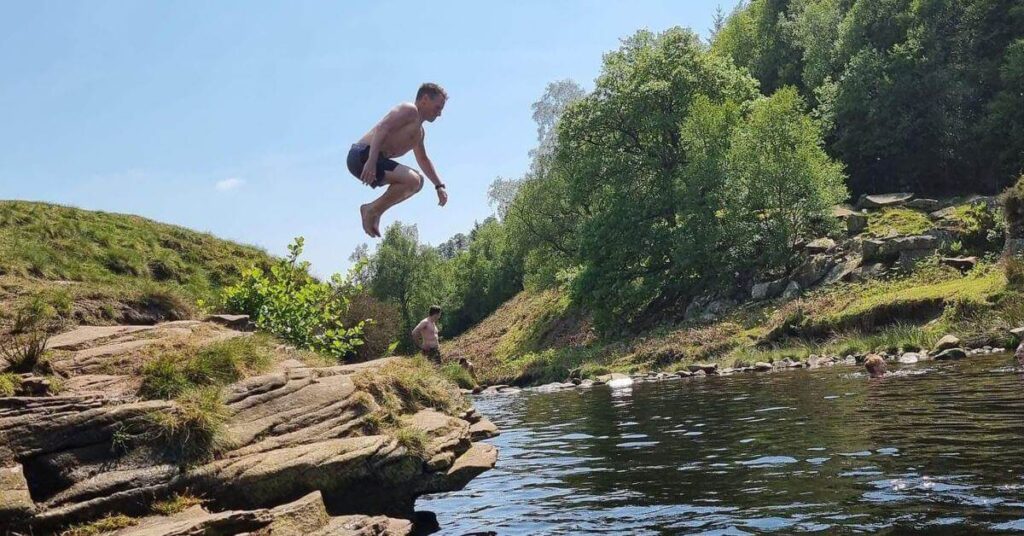
On this one occasion, I got the feeling of being energised and happy after I’d got out of the water. The endorphins had kicked in! I set back off on the hike I was on with friends but 5 minutes or so later, I completely ran out of energy. I was literally drained. It’s the first time it has happened to me whilst wild swimming, which led me to look into why it happened, hence this post.
While I was looking at research for this article, I found something pretty interesting…
Cold Showers vs. Cocaine!
A clinical trial found that 1 hour of cold water immersion caused a 250% increase in dopamine levels. This is the same increase you would see when taking cocaine!
However, the difference here is that while cocaine gives you an almost immediate high and then a fairly quick crash, the effect of cold showers or cold water immersion takes around 2.5 hours to reach its peak and then reduces at an equally slow rate.
It has even been theorised that cold showers can be used as a therapy for treating depression. With this evidence, it’s easy to see why.
How To Get The Most Out Of Your Cold Shower – 5 Tips
So you’ve got this far and decided you’re going to go for it with a cold shower. Well done! Here are some simple tips to help make the experience more energising:
- Ease in slowly: Start with a warm shower. Gradually reduce the temperature over 2-3 minutes. This makes the temperature change less shocking whilst still feeling the benefit of the cold water therapy.
- Keep it brief: Try to limit cold showers to 1-2 minutes. This will prevent excessive strain on your cardiovascular system but give the body enough time to regulate core temperature and hormones.
- Take in the morning: Cold water helps wake you up by boosting your dopamine levels. Turn the temperature down after your hot shower for a burst of energy to get you going.
- Try contrast therapy: Alternate short intervals of cold and hot water to stimulate circulation.
- Breathe deep: Deep controlled breaths during and after cold showers decreases stress hormone release.
Hot vs. Cold Showers: Which Is Better?
So when all is said and done, which is better between hot and cold showers? Here are a few key considerations:
- For post-workout muscle recovery, hot water wins.
- For mood and energy boost upon waking up, nothing beats a short cold shower.
- Hot showers are superior for relaxation and sleep promotion at night.
- For health benefits like circulation and immunity, incorporate both hot and cold.
Personally, I have a hot bath or shower at night to wind down. In the morning I either add a cold blast to the end of my hot morning shower or I have either a coffee or a pre-workout drink to wake me up and feel energised for the day.
More Questions About Cold Showers
There’s literally hundreds of questions about cold showers, here are just a few:
What are the side effects of a cold shower?
The main side effects of a cold shower include vasoconstriction, lowered heart rate, increased stress hormones, hyperventilation, and risk of injury or hypothermia if too prolonged. However, brief cold exposure can also activate the immune system and improve circulation. Overall, cold showers are safe in moderation.
How should you feel after a cold shower?
After a cold shower, you should feel invigorated and energised. The cold water triggers the fight-or-flight response, releasing adrenaline and cortisol. This leads to an aroused, alert state. Your breathing and heart rate may be elevated as your body works to warm itself back up. Many people feel mentally refreshed as well.
Is sinking your face in cold water good?
Dunking your face in cold water can provide a surge of energy and mental clarity. However, take care not to hyperventilate. Breathing should be controlled. The cold receptors on the face send signals to arouse the nervous system and increase oxygenation. So used briefly, it can be stimulating. But prolonged exposure could cause strain.
why is it hard to breathe in a cold shower
It’s hard to breathe in a cold shower because the cold air and water trigger a gasp response. Your breathing becomes deeper and faster automatically as your body tries to conserve heat. But this rapid breathing can make it more challenging to inhale fully. The cold also tightens muscles like those used for breathing.
Do you look better after a cold shower?
Yes, a cold shower can make you look better. The cold causes vasoconstriction, reducing blood flow to the skin. This drainage of blood from the skin’s surface can make skin appear smoother and lighter in tone temporarily. The cold also closes pores and can numb skin to give it a firmer appearance. The stimulated circulation may also add a rosy glow.
Key Takeaways
Hot showers offer relaxation, skincare benefits, and improved sleep, and can be a relaxing way to end your day.
On the other hand, cold showers, even with the initial cold shock, can increase circulation, energy, immunity, and mood. They have even been likened to a natural high, albeit with a gradual rise and fall rather than a quick crash. They may hold promise as a therapeutic tool, especially for those battling depression.
But why do cold showers leave some people feeling tired? There are many possible reasons like cardiovascular strain, an imbalance in core temperature and stress hormones that could be to blame. However, despite cold showers offering benefits like increased alertness and immunity in the short term, they can impact your body systems in ways that can result in tiredness and fatigue.

